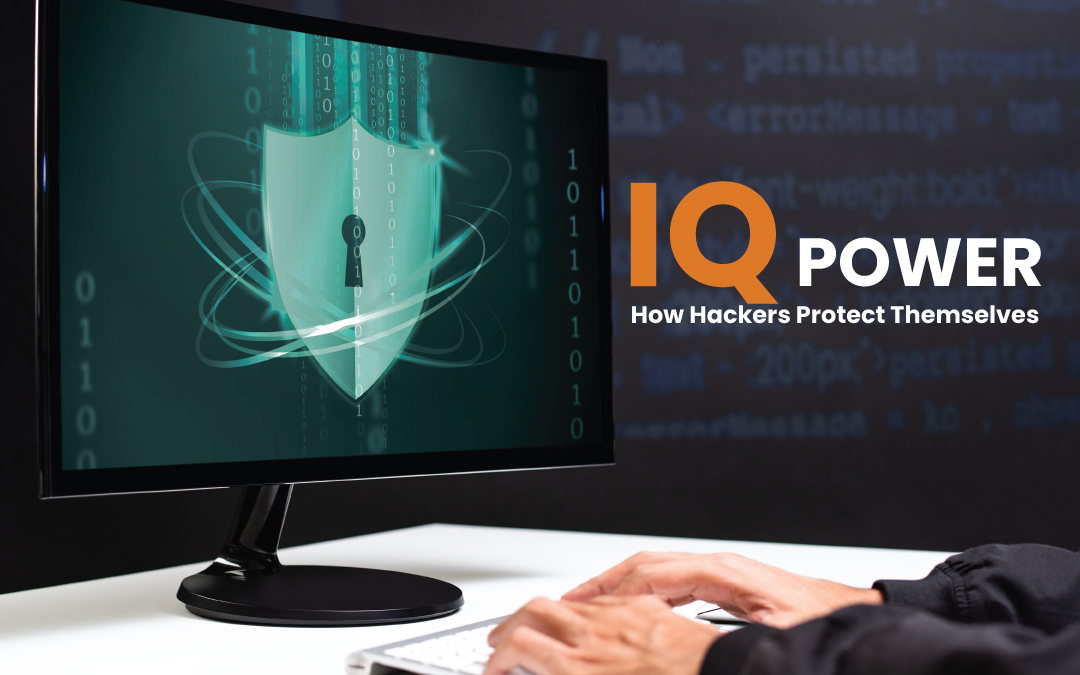
Hackers are highly skilled professionals who examine systems and networks to identify and analyze flaws. Hackers can be classified as "bad" or "good". Bad hackers are attackers whose primary goal is to cause harm, whereas good hackers perform important tasks such as system vulnerability scanning, application security analysis, and pen testing. However, they share one trait: they use their intelligence and knowledge to accomplish tasks.
Professional Features
To complete their tasks successfully, hackers must have a diverse set of skills and knowledge. First, they must understand the fundamental principles of computer networks and systems, as well as knowledge of the programming languages and technologies used to develop applications and security systems. They should also be familiar with hacking concepts and techniques in order to understand how system vulnerabilities can be exploited. Their skills include understanding the architecture of operating systems, databases, networks, and protocols.
Why Hackers Need Self-Defense
Whether you are a "bad" or "good" hacker, you will unknowingly (or, more often than not, consciously) use all of your knowledge to protect yourself online. You will use advanced software to protect yourself from potential threats. In this regard, hackers are similar to doctors: if you're a doctor, you're more likely to be concerned about hygiene than the average person because you know how damaging neglecting your health can be. Similarly, a hacker will be more cautious online by default because a hacker understands the consequences of neglecting personal information. This is especially true when dealing with corporate or government data.

Career-Defining Factors
Hacking is a profession like any other, with both people: ordinary and genius. Two people with the same level of knowledge may hold very different positions in the industry. One is involved in trivial matters, while the other works for a major corporation or is even a member of the "elite". But why is this happening?
CerebrumIQ reviews reveal a direct correlation with IQ level in this situation. Thus, when two people appear to be equal in all other respects (knowledge, ambition, luck, starting position in a career, etc.), only the difference in IQ level can make a significant difference in the process of achieving objectives. Fortunately, there are no such situations in life: just as no two people are exactly the same, no two life stories are exactly the same. As a result, it is not uncommon for a less gifted individual to achieve great success through determination and diligence.
What Skills Do Hackers Need in Cybersecurity?
Now, let's get more specific about what skills a cybersecurity professional should possess. Here are the obvious things for most hackers, but the average person can imagine at least some of the complexity of this profession. So, a professional should know:
Programming
A hacker must have various programming skills. They are required for both breaking program protections and writing viruses, as well as automating server vulnerability searches and password selection algorithms. Hackers primarily use C, C++, C#, JS, PHP, Python, Java, and Assembler.
The principles for organizing and operating computer networks
We can highlight key issues and concepts such as network physical organization, network software, network standards, protocol stacks, the ISO OSI model, MAC addresses, TCP/IP, Web, Internet, application layer protocols HTTP and FTP, HTML markup language, XML language, the concept of secure communication, network attack classification, data encryption, HTTPS, SSL, and electronic digital signatures.
Cryptography
Cryptographic algorithms form the foundation of any protection against data viewing/modification; electronic signatures are also based on cryptography. As a result, having a basic understanding of cryptography is essential. This may necessitate the study of even certain aspects of higher mathematics.
An understanding of OS architecture and programming skills for various OSs
If you want to specialize in network hacking, you should start learning Unix because it starts everything and is used by the majority of network equipment. Windows is for those who specialize in hacking standalone applications, while Android and iOS are for mobile applications.
Which Hackers to Look Out For
As previously stated, hackers can be classified as either bad or good. However, they are commonly referred to as black and white hats, respectively. Black hats are a diverse group of cybercriminals. We hope you never run into them. Among the most dangerous for ordinary citizens are the following bad guys:
- Network hackers: specialize in gaining unauthorized access to computer networks and network servers, or disabling them;
- Phishers: collect user data, including bank card inputs on fake website forms and fake applications;
- Bruteforcers: organize botnets (a network of computers controlled by hackers) to brute force passwords.
Conclusion
Hackers, whether "bad" or "good", use their knowledge and intelligence to achieve their objectives. Use your intelligence to avoid becoming a victim of the bad guys and instead become someone who will stand up to them. Good luck!
Share this post
Leave a comment
All comments are moderated. Spammy and bot submitted comments are deleted. Please submit the comments that are helpful to others, and we'll approve your comments. A comment that includes outbound link will only be approved if the content is relevant to the topic, and has some value to our readers.

Comments (0)
No comment